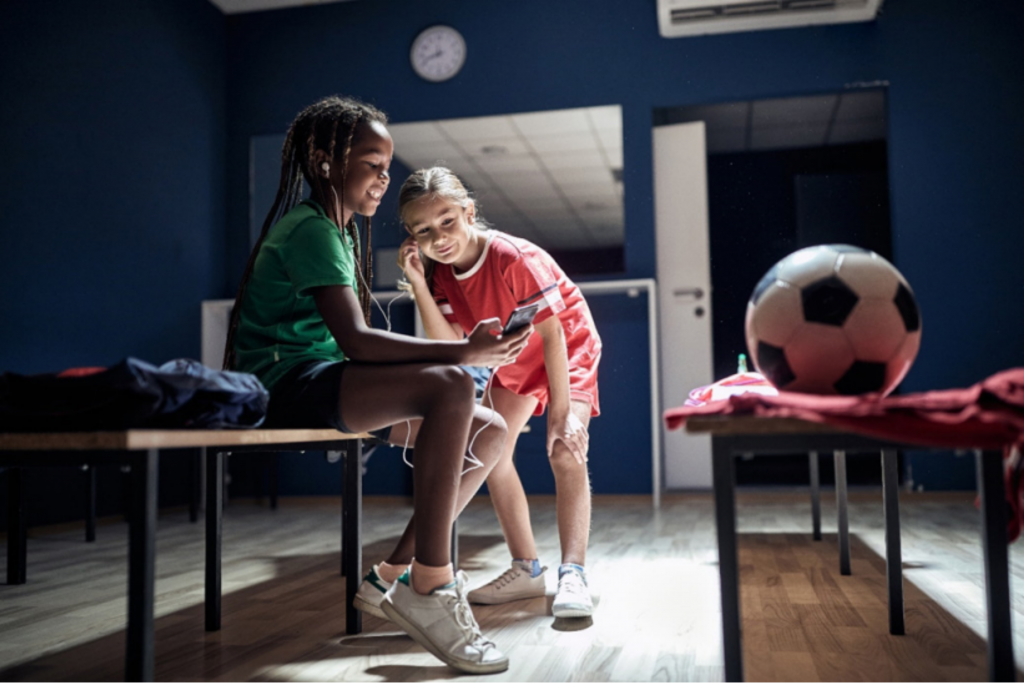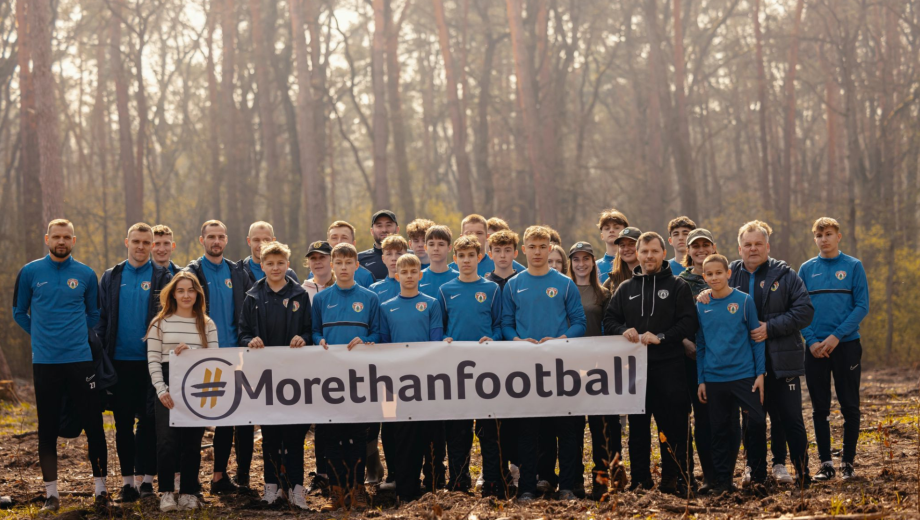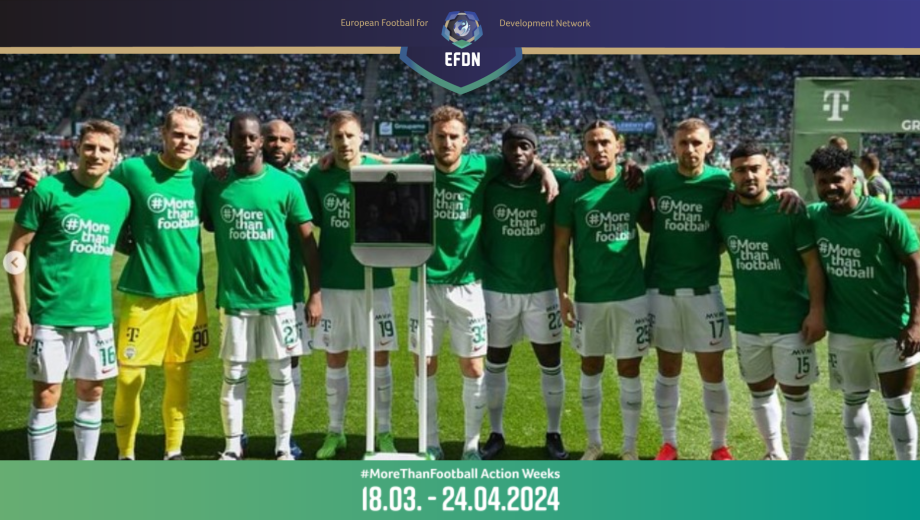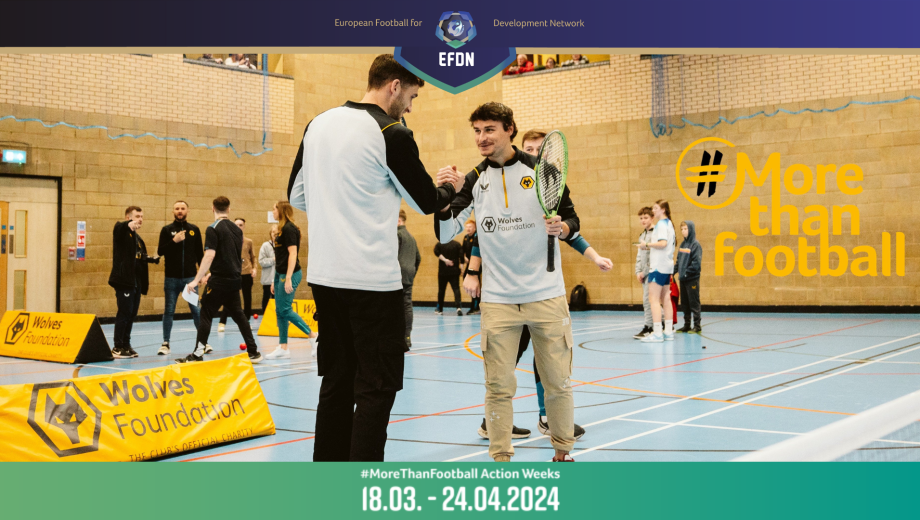Child Online Protection in Sports
Sports organizations play an important role in many children’s lives. They provide a social hub where children can play, have fun, meet new friends, develop skills and maintain a healthier lifestyle. This all contributes to the children’s happiness, well-being and healthy development. Moreover, children have the right to rest and leisure and to engage in play and recreational activities, such as sport, according to Article 31 of the Convention on the Rights of the Child. A Policy Brief was developed under the ITU child online protection initiative, within the framework of the Global Cybersecurity Agenda (GCA) and in partnership with the Scort Foundation.
Many sports organizations have a well-elaborated child protection framework in place to ensure that all children are protected from violence, (sexual) exploitation, abuse 1 Article 31 – Convention on the Rights of the Child and any harmful practices. However, regarding the online risks and potential harm to children in the digital environment, many sports organizations are struggling to integrate child online protection into their existing frameworks. Nonetheless, given their close connections with children, sports organizations are very well placed to be able to provide advice, guidance and support concerning both the prevention of, and response to, risks and harm in digital spaces.

Today, sports organizations use digital tools for an array of purposes (e.g. internal and external communication and marketing, the publication of news, rankings, results, profiles, fixtures and events, gaming, and online learning activities). Online materials can expose children to various online risks, such as having personal data shared without their consent and/or misused, having profiles accessed by strangers, and being exposed to online bullying and harmful one-on-one interactions between adults and minors, including grooming and sexual abuse. The role of sports organizations in addressing these issues is pivotal, given the severity of the physical, mental and emotional consequences of online child sexual abuse and exploitation experienced by former and current child athletes. Promoting online safety has therefore become a key aspect of child protection in sports, and an opportunity to better protect and empower children. Through internal online protection policies and procedures, sports organizations can address online risks, tackle violence against children and promote the safe use of digital tools and environments.
The intention of this Brief is to support sports organizations – clubs and associations at both the grassroots and professional levels – to better protect children online. To read the full brief click HERE.
DFB – Football United Against Racism
DFB Foundations Programmes




